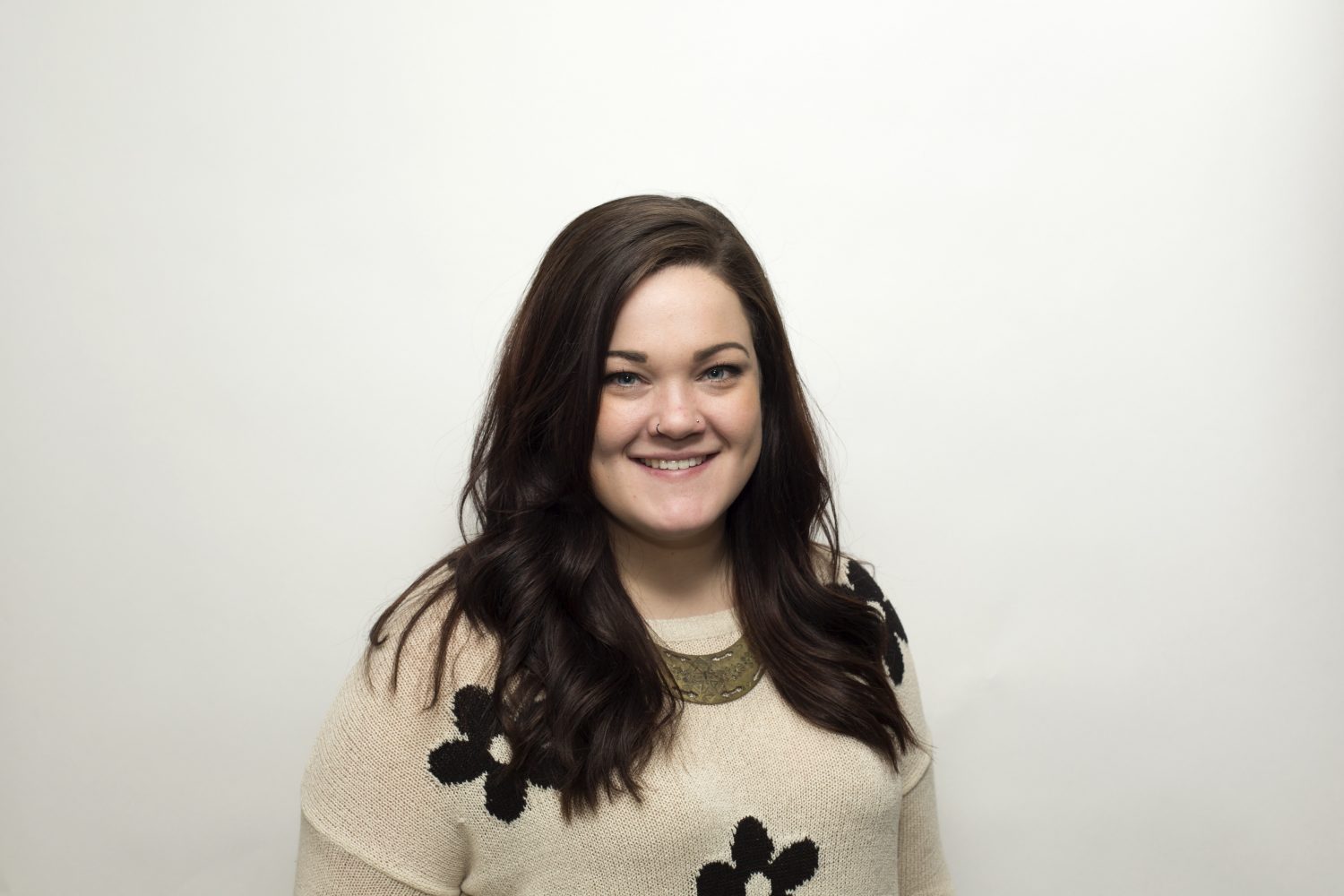Why Robitaille’s keynote cancellation isn’t depriving students of intellectual discourse

Controversy has been breaking out as of late at Wilfrid Laurier University’s Brantford campus in light of the Criminology Students’ Association’s plan to have Danielle Robitaille, Jian Ghomeshi’s defence lawyer, as a keynote speaker at their annual conference on International Women’s Day.
In last week’s issue of The Cord, Lauren Eisler, dean of the faculty of human and social sciences, said that she believed Robitaille would be discussing gender differences and issues within the legal system as a female lawyer.
This created a tonne of backlash from a student collective called ASCC (Advocates for a Student Culture of Consent), as they found the event “actively challenges the trajectory that Laurier has been creating around Gendered Violence,” as per written on a Facebook page they created to discuss the problems surrounding this event.
As a result, Robitaille cancelled her keynote and the topic of free speech is now all that seems to be talked about on Laurier Brantford’s campus.
Several faculty members have spoken out on social media or to media outlets that this was a missed opportunity for students to have “tough conversations” or an “intellectual dialogue.”
While a lot can be said about free speech and safe spaces, that isn’t the piece I want to focus on.
I want to focus on that so-called missed opportunity for intellectual dialogues about women in the legal system that apparently all the criminology students won’t be able to partake in.
I’ve been to several keynote presentations, in both the academic and journalism worlds, and they always go the same way.
The speaker speaks at an audience for a period of time and then they open up the floor for a specific amount of questions afterwards.
A keynote presentation is not an opportunity for an intellectual dialogue between the audience and the speaker. It is an opportunity to be talked at and then the lucky few who make the cut can ask questions at the end.
Sure, after the audience clears out, people will talk to their friends or colleagues about what they just saw, but is that the meaningful discourse that everyone’s talking about, here?
So, with that said, why didn’t the CSA plan for a “Women in Law” panel, opposed to highlighting one female lawyer, who really doesn’t represent every single woman who works in the legal system?
Find different female lawyers, maybe a prosecutor, a family lawyer, a lawyer who does pro bono work and sit them at a table with Robitaille. Let the audience observe the dialogue that occurs between them. No scripts, no chances to plan ahead of time because there are several voices controlling the conversation.
Last year, at a post-secondary journalism conference in Toronto, I saw a panel of female journalists that I still remember today.
There was a female sports journalist, a news anchor and a long-form journalist.
They all had very different perspectives to share about their diverse experiences and watching them swap stories, agree and disagree, was so intellectually challenging. I also got to see different versions of female role models in the job that I want for myself.
So to say that Brantford missed out on an intellectual debate or discourse because one woman couldn’t come share her story is a stretch.
And by only focusing on her, and by giving her ultimate power — yes — you are sensationalizing the Jian Ghomeshi case, a dark piece of Canadian history that has undoubtedly had an impact on whether or not survivors of sexual assault file reports in Canada.
Had there been more thought put in about how to showcase the experiences of women who work in law on International Women’s Day, perhaps this event could have actually happened in a way that encouraged intellectual discourse without making those in the Laurier community who have experienced sexual violence feel like Laurier doesn’t care about them


